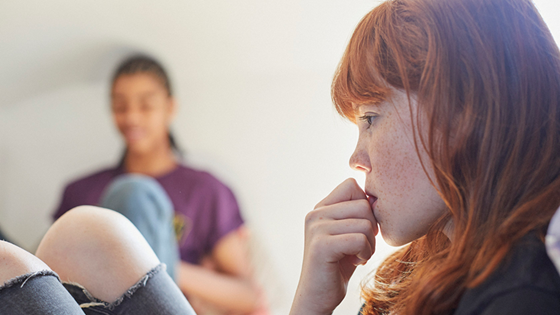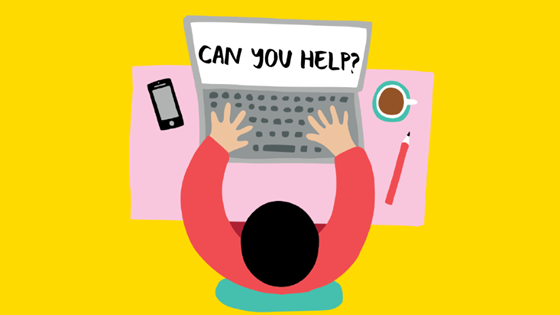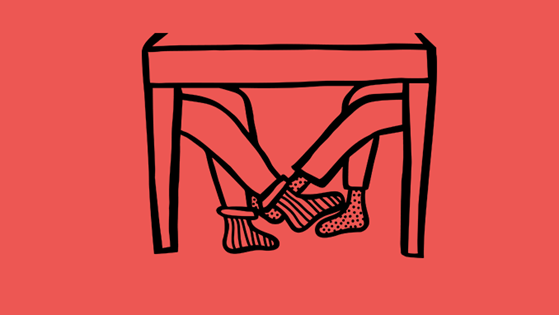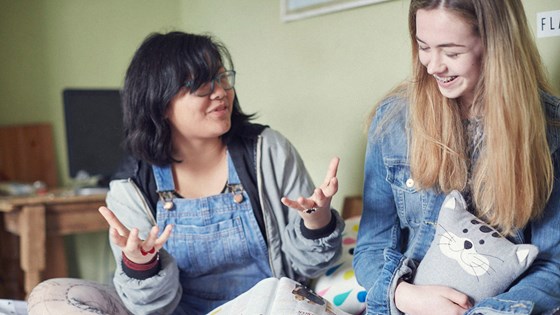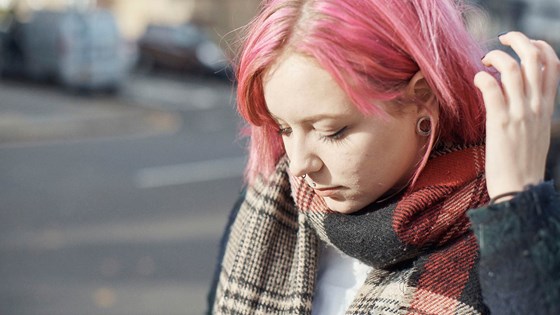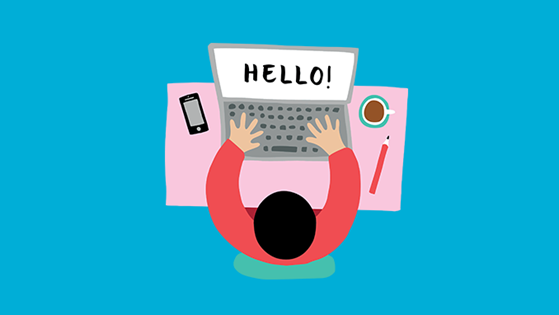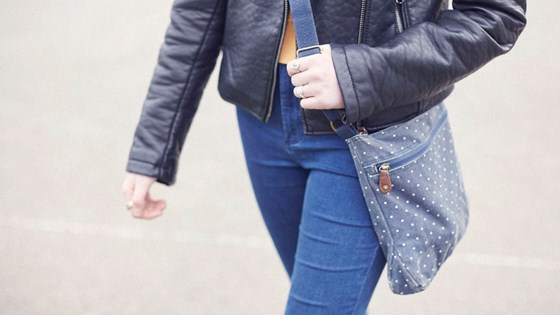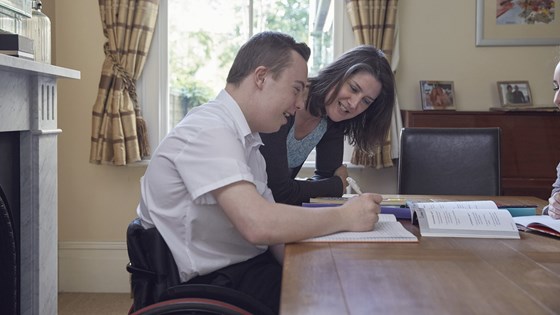It’s never okay for people to make negative comments about being a young mum.
Whether it’s online or in person, nobody has the right to make you feel bad like that.
If someone from your school makes comments or bullies you, it’s important to tell a member of staff you trust.
This isn’t always easy to do, and sometimes it can help to tell someone with a letter.
All schools should have an anti-bullying policy to help keep you safe from bullying, but sometimes they can only support you if they know what’s happening. Find out more about bullying.
There are lots of different ways to respond when someone makes a negative comment, and it’s important to find what’s right for you.
One way to cope is by ‘fogging’. This is when you agree with whatever’s said in a really calm voice.
Fogging can take practice, and you might not feel able to do it all the time, but it can help show that you’re not affected, for example:
Other person: You shouldn’t be having kids at your age.
You: Yeah... OK, you might be right.
Other person: You see, you’re right you’ve been stupid!
You: Maybe... you might think so.
Other person: Whatever...
Fogging can help you to cope but it isn’t always right way to respond. Remember that if someone is making you feel uncomfortable or unsafe it’s important to get support from someone you trust.
However you’re feeling about comments, you’re not alone. You can speak to a Childline counsellor any time.


